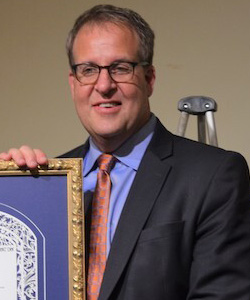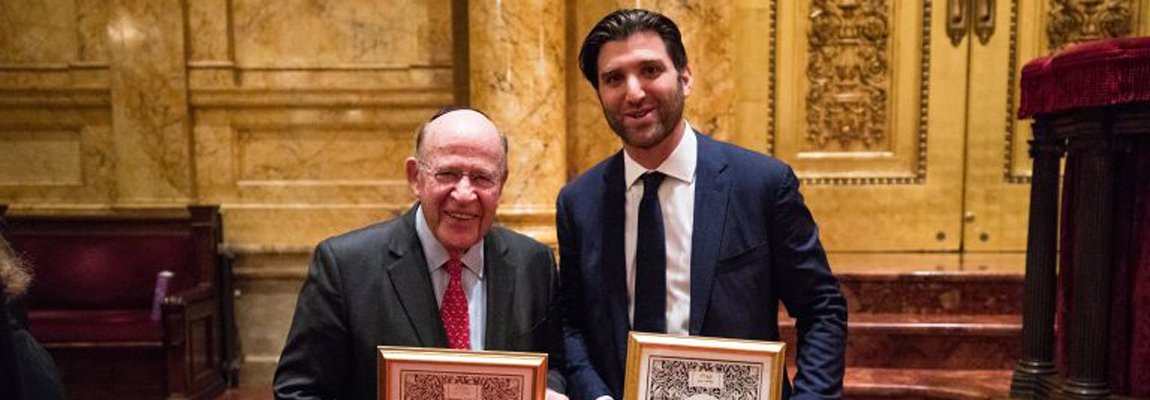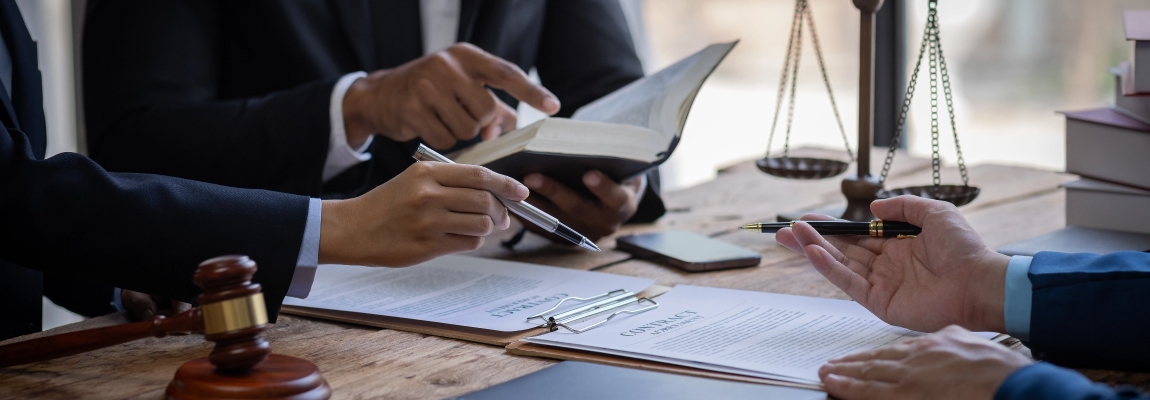
On May 10, 2023, at the Whittemore House in Washington, DC, AAJLJ bestowed the 2023 Pursuit of Justice Awards on Akiva Shapiro, Janis B. Schiff and Eli M. Rosenbaum.
Speakers:
Rabbi Hyim Shafner, Kesher Israel
Robert Garson, President, AAJLJ
Rhonda Lees, Regional VP, DC, AAJLJ
Arthur Traldi, Chair of Amicus Brief Committee, AAJLJ
Alyssa Grzesh, Director of Programming, AAJLJ
Paul Kiernan, Introducer of Janis Schiff Alyza D. Lewin (and previous PoJ recipient), Introducer of Akiva Shapiro
Martin Mendelsohn (and previous PoJ recipient), Introducer of Eli M. Rosenbaum
With special thanks to:
The Pursuit of Justice Committee: Robert Garson; Stephen Greenwald; Alyssa Grzesh; Rhonda Lees; Mark A. Speiser; Steven Stone, Arthur Traldi.
Presenting Sponsor: Gibson Dunn
Silver Sponsors: Holland & Knight, GS2Law, Stephen Greenwald, Michael Melnicke
Bronze Sponsor: Deborah and Michael Salzberg
Partner Sponsors: Baruch Fellner, Jonathan Horowitch

On Monday May 2, 2022, the American Association of Jewish Lawyers & Jurists (AAJLJ) hosted its annual 2022 Pursuit of Justice awards at the Spanish and Portuguese Synagogue in NYC. This year, we honored Judge Neomi Rao (Circuit Judge, US Court of Appeals, Second Circuit), Ronald Tabak (Pro Bono Special Counsel, Skadden, Arps, Slate, Meagher & Flom LLP), and Alan Tieger (War crimes and civil rights prosecutor, ICTY, Kosovo Specialist, Prosecutor's Office, United States Department of Justice).
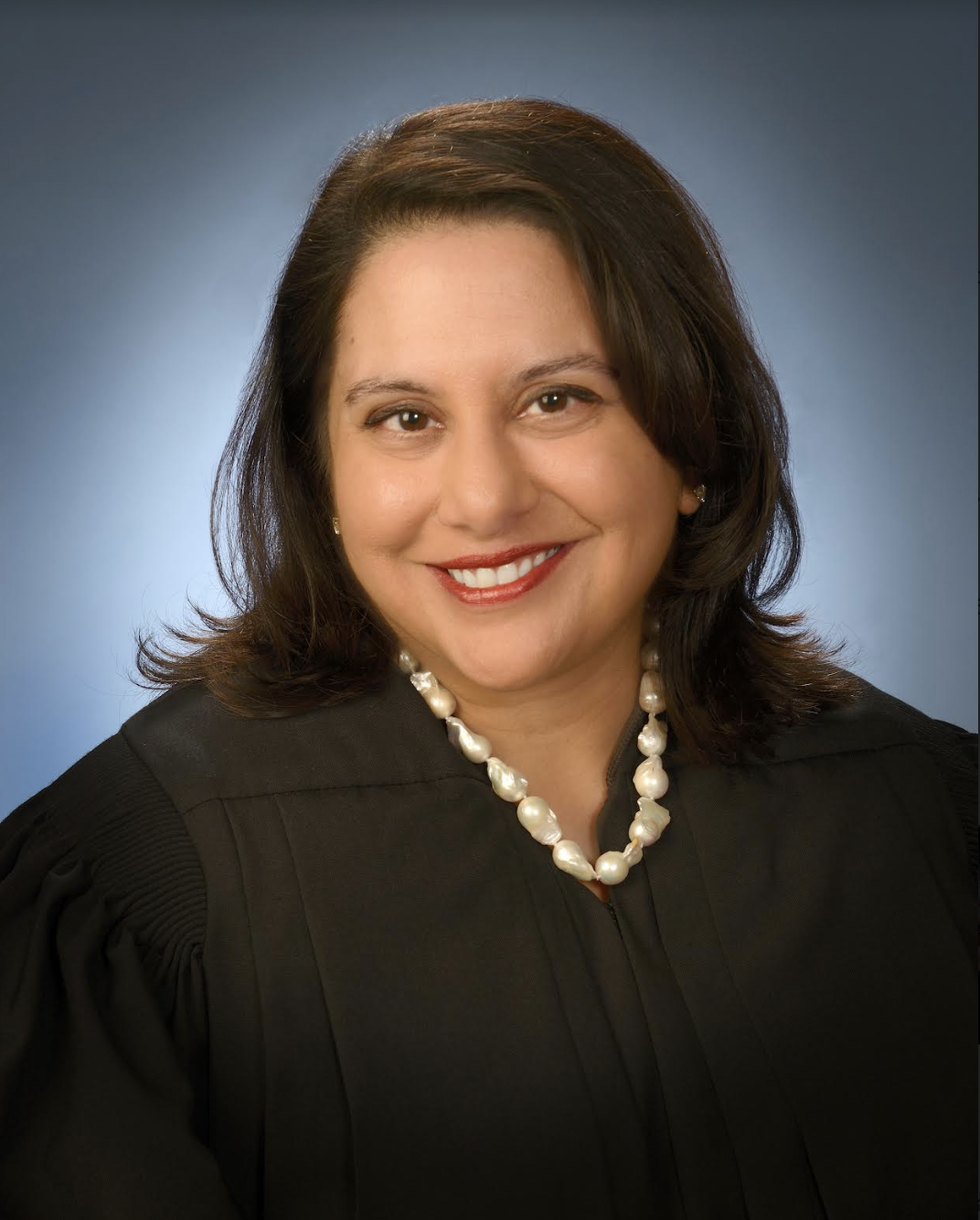
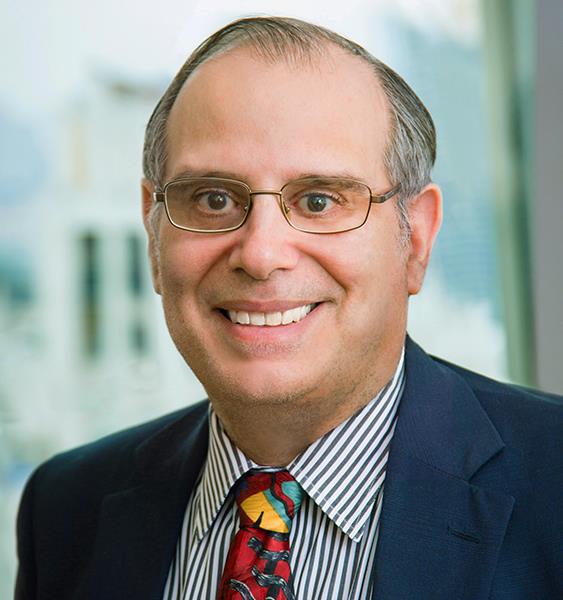
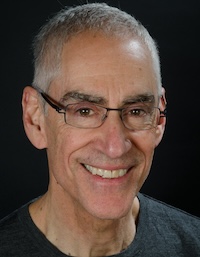

On Sunday April 11, 2021, the American Association of Jewish Lawyers & Jurists (AAJLJ) hosted its annual Pursuit of Justice awards (virtually). This year, we honored Ben Ferencz (Chief Prosecutor, Einsatzgruppen Trial at Nuremberg), Salim Joubran (Retired Justice, Supreme Court of Israel), and Patty Glaser (Partner and Litigation Department Chair, Glaser Weil).
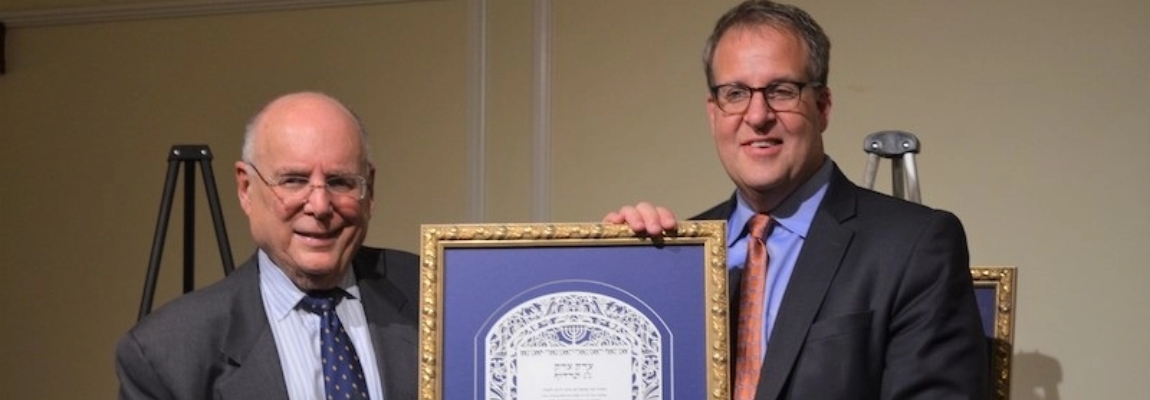
Every year, the AAJLJ honors a few select lawyers with its Pursuit of Justice Awards. This year's event, held in Washington for the first time since 2012, drew more than 150 participants, including lawyers, legal scholars, husbands and wives, children and one Supreme Court Justice. The need for Jewish unity and solidarity to fight growing antisemitism and anti-Israeli sentiment in this country and abroad served as a key theme during the 2019 Pursuit of Justice Awards ceremony held by the American Association of Jewish Lawyers & Jurists, AAJLJ, in Washington, D.C. on Jan. 28.
"Even in this day and age our rights and protections remain at risk," said honoree Stuart Kurlander, a health care and life sciences corporate and litigation partner in the Washington office of the international law firm, Latham & Watkins, LLP.
Kurlander, one of three lawyers honored with the 2019 Pursuit of Justice Awards, also said, "Antisemitism is increasing around the globe, including in our country, something previously unthinkable to many of us." "Anti-Israeli sentiment is gaining adherence," said Kurlander, a founding partner and former chair of the Washington, D.C. Health Care and Life Sciences Practice Group. "In this environment, it is imperative for all of us to stand and be counted."
Kurlander was honored with trial attorney Baruch Weiss, a partner in the law firm of Arnold & Porter Kaye Scholer, LLP, and Alyza D. Lewin, co-founder and partner in Lewin & Lewin, LLP., where she specializes in litigation, mediation and government relations. Like Kurlander, Lewin also called for unity among Jews to combat rising antisemitism while Weiss compared the practice of law in the United States with traditional Jewish values, relying on extensive research to show how both share the same kind of values and ideals.
In the course of his research, Weiss found fundamental differences between the American and Jewish systems of law. "We believe in advocates in an adversarial system," said Weiss, who has represented numerous high-profile clients on matters of interest to both Israel and the Jewish community. "Lawyers represent one side, lawyers represent the other side." The Jewish system, by contrast, relies on judges to perform the job of lawyers in this country. "They felt the best way to advocate was to have a non-adversarial system," said Weiss. "The way they achieve that, in capital cases, for example, is to have 23 judges and the judges do the examination and the judges conduct the cross examination." In the Jewish system, judges also deliberated and decided, Weiss said. "They felt that you had to have people making arguments only out of conviction," he said.
Both systems work to ensure justice, making sure, for example, that defendants receive "a vigorous, vigorous defense," said Weiss. Weiss pointed out that the Torah is renowned as a "frugal, parsimonious speaker of religion and the truth." Yet, the Torah says, "Justice, justice thou art pursue," mentioning the word justice twice to encompass both procedural and actual justice. "Procedural justice and actual justice - I think that is a value we all share as Americans and as Jews," said Weiss.
In her remarks, Lewin told the audience that, "We are all Jews, and we have to support one another." "We have to unite together to oppose those who oppose us," she said. "That is the true message of the AAJLJ and the Pursuit of Justice Awards." Lewin also serves as the president and general counsel of the Louis D. Brandeis Center for Human Rights Under Law, a center that conducts research, education and advocacy to combat the resurgence of antisemitism on college and university campuses. As a lawyer, Lewin feels that "law students are an ignored demographic."
"Teach law students, give them the tools, and they could be an enormous force for change and for good," said Lewin, whose father, attorney Nathan Lewin, served as president of the AAJLJ, and is a past recipient of the Pursuit of Justice Award.
Jews who express the Zionist part of their Jewish identity often face harassment and discrimination, Lewin said. Jews have expressed a desire or yearning for Zion for thousands of years, concluding the end of the Passover Seder or Yom Kippur by saying, "Next year in Jerusalem." "If I express that support for the Jewish homeland, I am now marginalized and excluded," said Lewin. "I'm told I can't demonstrate on climate change or women's rights or LGBT rights or any of that unless I hide or shield that part of my Jewish identify."
Most students on college campuses, she said, do not know how to "articulate this as harassment and discrimination." "And undergraduates, I hate to say it, don't call lawyers," said Lewin, who argued Zivotofsky v. Kerry, the Jerusalem Passport case, before the Supreme Court in 2014.
Lewin created a program called the Justice Initiative Guiding Students Activists Worldwide, JIGSAW, to teach law school students about civil rights and first amendment laws while showing them how to file complaints with the Office of Civil Rights in the Department of Education. She decried disagreements and disunity among Jews on college campuses, in particular, saying that, "If you talk to undergraduates on campus, they will tell you the most painful and difficult times are not when you are dealing with interactions between Jewish and Arab students. It is interactions between Jews and Jews. These are the most difficult and the most painful."
She urged all Jews to come together now "when Jews are feeling this intense pressure to closet and hide what identifies them as Jews."
Picking Up The Pieces The Holocaust also emerged as an underlying theme in the acceptance speeches given by Kurlander and Lewin, serving as a way to connect the past with the present.
Lewin's paternal great grandfather served as the chief rabbi in a Polish town and as a member of the Polish Senate where he spoke out against Hitler, eventually perishing in the Holocaust. Lewin's father, Nathan Lewin, was born in Poland in 1936 and fled the country with his family in 1939, a week after the Nazis invaded. After immigrating to the United States, Lewin's paternal grandfather, Dr. Isaac Lewin, wrote articles for a Yiddish newspaper, altering Jews in this country to what was happening in Europe and urging them to help. Her maternal grandmother, a Dutch Jew, came up with the idea of issuing visas through the Japanese Embassy for Jews fleeing Nazi-occupied Europe.
"It saved over 6,000 Jews then," said Lewin. "And now there are tens of thousands of descendants. I am one of them, and my grandmother played a role in that." As a child, Lewin used to look at pictures of Polish ghettos, thinking, "Wow, that was the world my father was born into." "If not by some crazy twist of fate, that would have been my world," she said.
As a lawyer, Lewin feels a special obligation to advocate on behalf of Jewish people - to keep them safe and "to make sure we can continue to live freely and safely and boldly and proudly as Jews. That is what I have done."
Kurlander feels a similar obligation, telling the audience, "Obtaining a legal education in this country is a privilege." "As lawyers, this means we all have an obligation to use our legal skills to help perfect and repair our world," he said.
Kurlander leads delegations on behalf of the World Jewish Restitution Organization and others to Eastern Europe to negotiate for the return of community property confiscated from Jews during the Holocaust. He has visited Romania, Latvia, Slovenia, and Serbia, negotiating with members of parliament, ministers of justice, presidents and prime ministers for the return of synagogues, community centers, schools, hospitals and cemeteries taken from Jews during World War II.
"The return of these properties and the income generated has literally helped enable the survival of these small Jewish communities around the world," he said. "As you might imagine, this work has been personally meaningful, impactful and motivating."
Inclusion serves as a hallmark for Kurlander's personal and professional life. As he explained, "The opportunities for our communities are limitless if everyone is welcome. In order for our community to sustain itself, for it to grow and survive over the long term, we have to work together, putting aside our differences in the interests of the collective."
